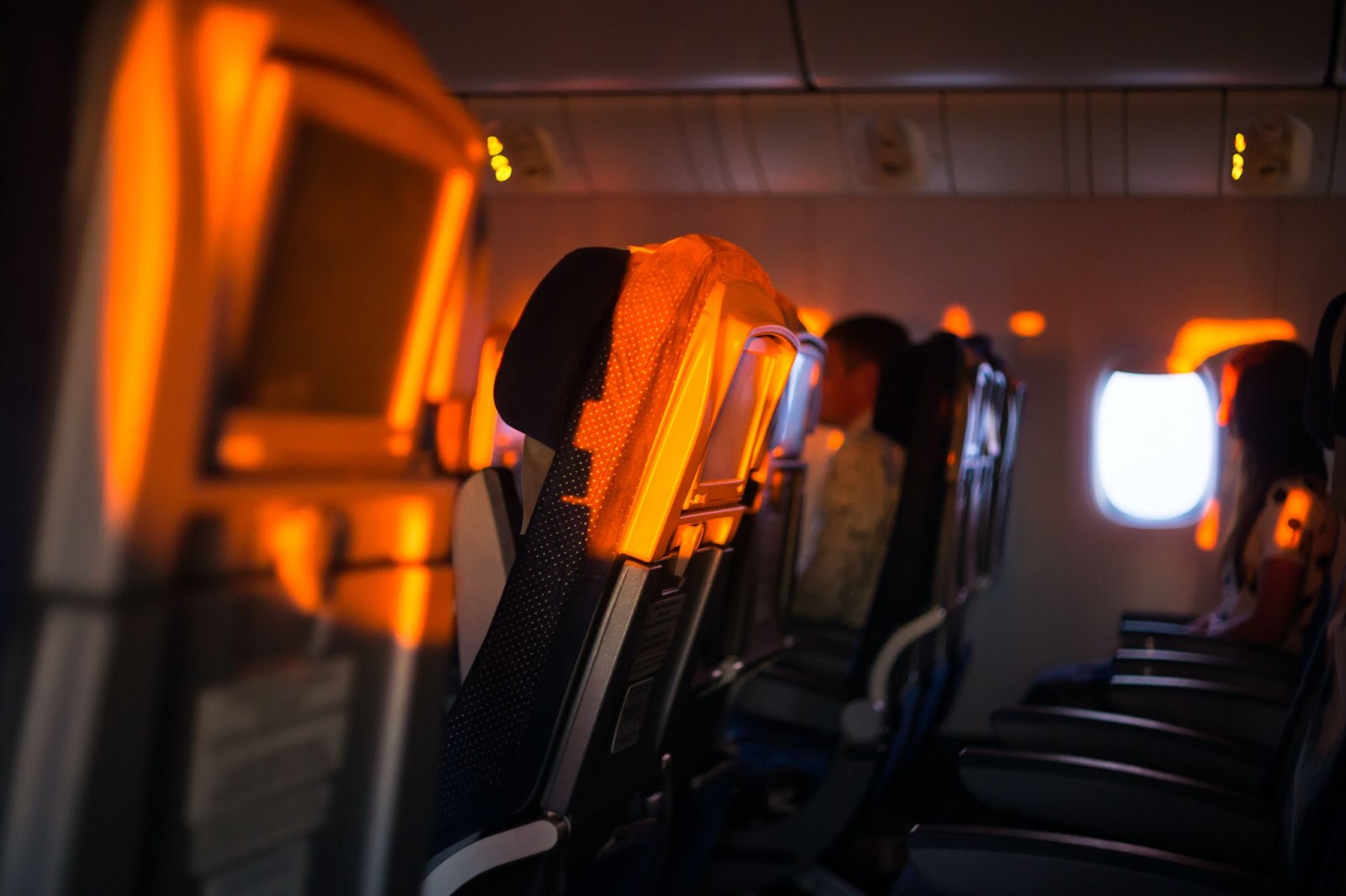
Photo by Aleksei Zaitcev on Unsplash
The aviation industry in Europe is currently experiencing a volatile period. It has resulted in a chaotic amalgamation of flight cancellations, delays, and long queues. Thousands of flights have been cancelled by the airlines and airports, and it has consequently dimmed the summer experience for all travellers.
Multiple interconnected factors have led to this situation:
- Recovering Industry: The aviation industry has just bounced back from the COVID-19 related restrictions. However, this has led to an unsustainable demand.
- Staff Shortages: Multiple cancellations were observed due to shortages of cabin crew, security staff, baggage handlers, and technical workers due to reasons such as COVID-19 infections, strikes, and job cuts due to high workforce costs that the airlines were unable to bear. Staff reductions were made during the pandemic and rehiring will take longer than expected.
- Multiple Strikes: Throughout the summer season, unions and the workforce have called for industrial actions against airlines due to disputes regarding wages, poor working conditions, and job cuts. Many airlines such as Ryanair and Scandinavian Airlines System (SAS) have struggled to come to an agreement with the unions and may face more strikes in the future.
- Unexpected Demand: While the airlines did anticipate a spike in post-pandemic demand, their forecasting doesn’t match up to the actual demand this season.
These factors have collectively resulted in the current travel meltdown across Europe, as well as some other countries such as the US.
All these factors have manifested a painful personal experience for travellers where they experience overwhelming delays, missed appointments, and life-changing disruptions.
Workers are also faced with harsh working conditions due to overwhelming demands amidst staff shortages. This has consequently resulted in strikes and walkouts leading to further disruptions in travel. Navigating future disruptions can be hard and complex, but with the context of this meltdown, a traveller can be better placed to make informed decisions. Moreover, understanding patterns of cancellations can enable you to pinpoint airlines with the most disruptions. Easyjet and British Airways are some of the most disrupted airlines in the United Kingdom. Ryanair and Aer Lingus may also face large-scale disruptions due to constant strikes and staff shortages.2
Travellers should:
- Know your rights: Many countries, such as the UK, provide adequate refund coverage for sudden flight cancellations. Make sure to understand the nuances of these regulations and the procedure to hold the airlines accountable so that you get your refunds and any other entitlements. Understand the clauses within the user agreement of your airline to make the reimbursement process smoother.
- Understand Peak Hours: Make sure to be vigilant about the air traffic on the day of your scheduled flight. Flights on holidays (like Bank Jubilee Holidays) as well as weekends are overloaded with passenger demands and are more likely to face sudden delays and/or cancellations.
- Plan Ahead: Plan for the worst-case scenarios to ensure minimal disruptions. Make sure to note the weather forecast before scheduling your flight as you might not be eligible for a refund on cancellations that can be proven beyond airlines’ control. Be vigilant of unrest at your designated airport or airlines so that you can be aware of the dates of planned industrial actions.
- Get Coverage: Travel insurance is one of the best ways to cushion the impact of disruptions. It’s also important to understand your travel insurance policy and make sure you are aware of instances that do/don’t warrant any coverage. Sitata provides travellers with extensive flight delay coverage along with real-time threat and disruption warnings as well as instant emergency assistance.
The travel industry is going through unprecedented disruptions, where overwhelmed service operators struggle to sustain operations congruent with consumer demands. In this mass meltdown, it’s easy to get de-sensitized to the personal plight of each traveller who finds themselves stranded at airports for days. It is imperative for us as travellers to plan ahead and minimize disruptions so that we can consciously make decisions that reduce the probability of getting caught in the meltdown.



